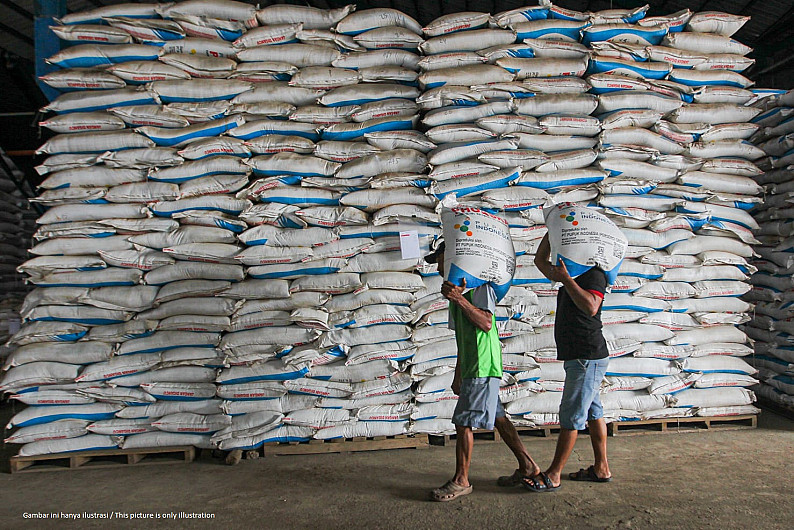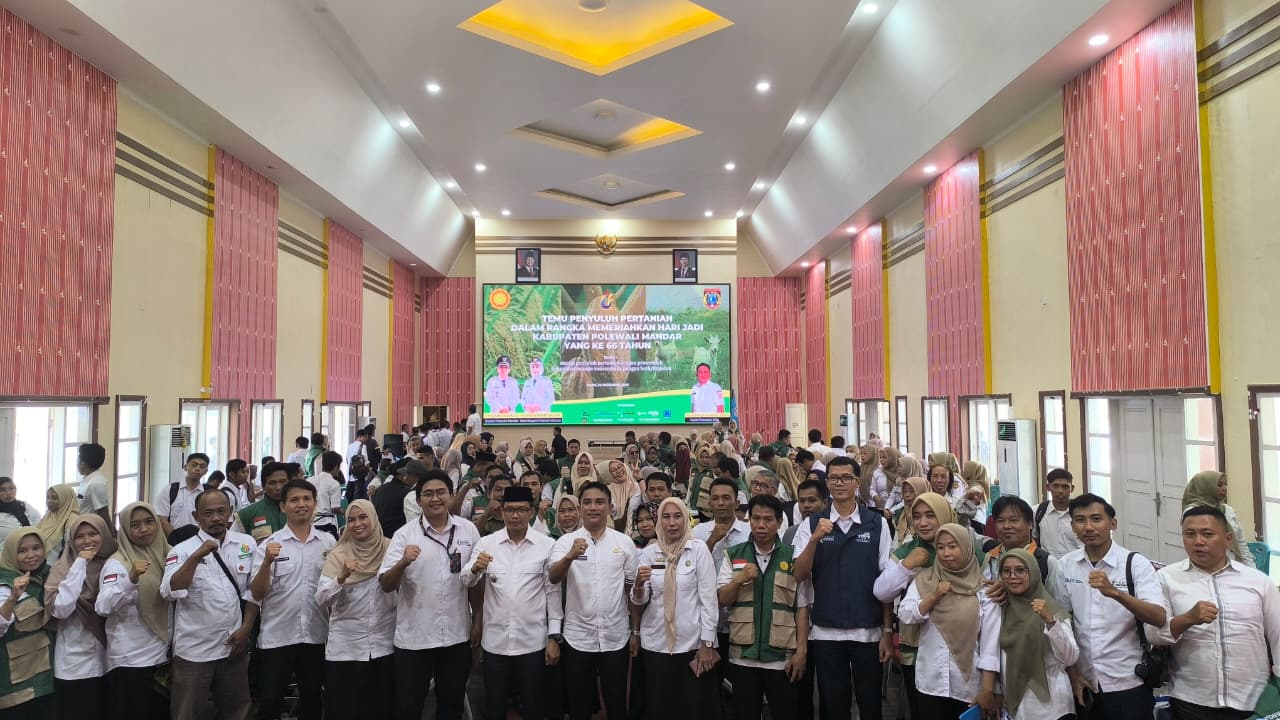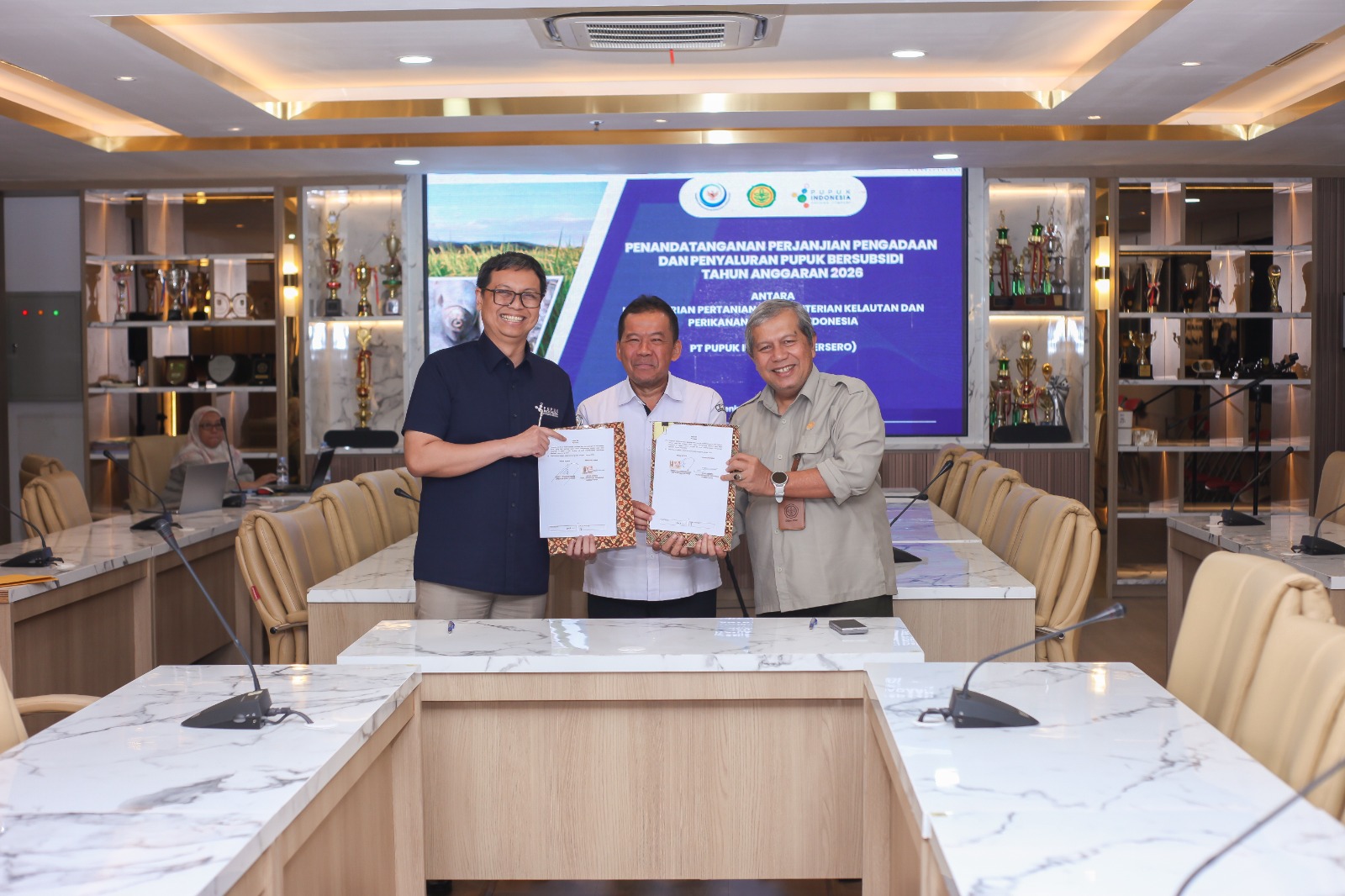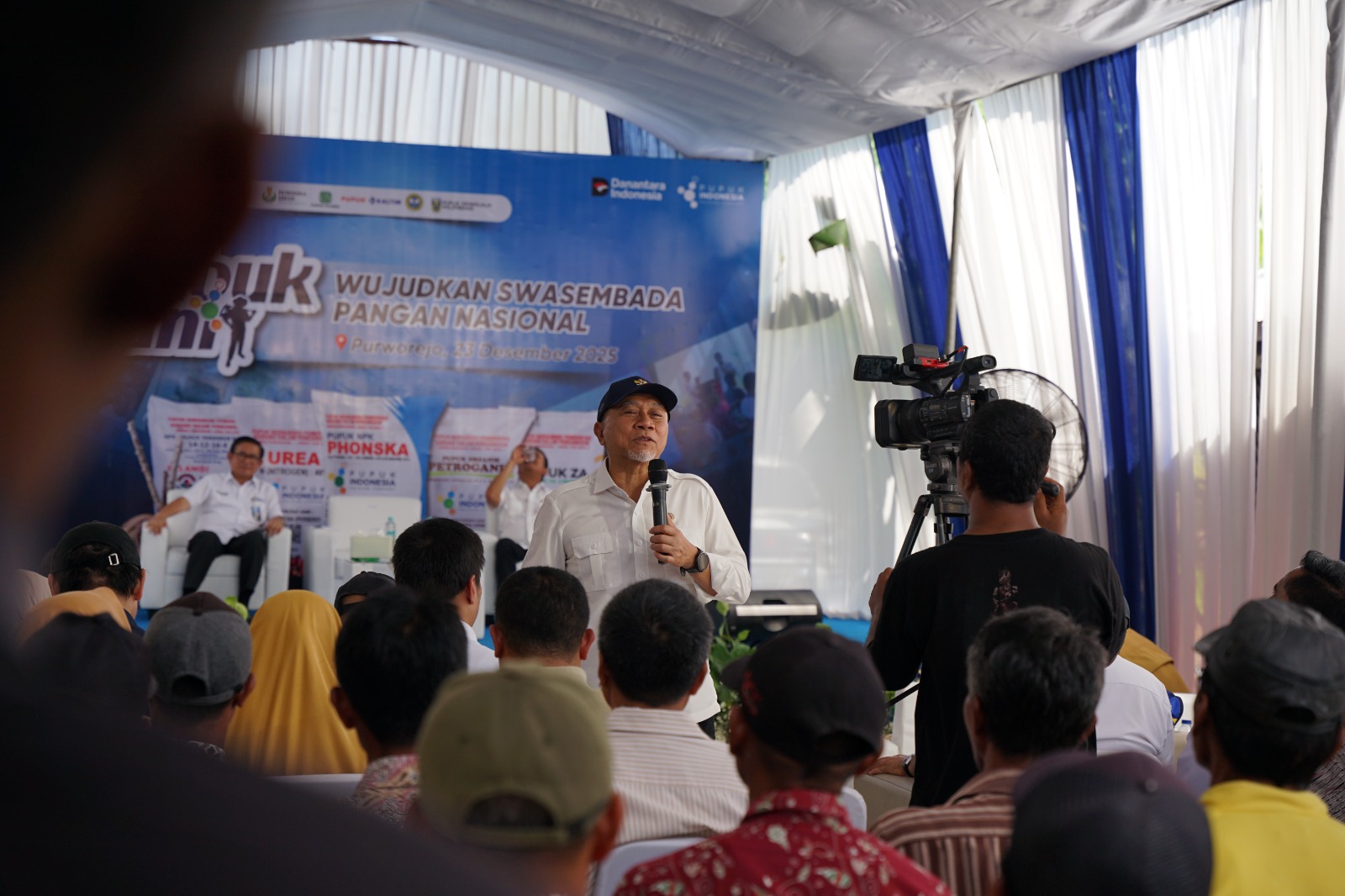Pupuk Indonesia Siap Salurkan 9,55 Juta Ton Pupuk Bersubsidi Di 2024

Jakarta, 1 Mei 2024 - PT Pupuk Indonesia (Persero) siap menyalurkan 9,55 juta ton alokasi pupuk bersubsidi di tahun 2024. Hal ini menyusul telah diterbitkannya Keputusan Menteri Pertanian (Kepmentan) Nomor 249 Tahun 2024 dan Peraturan Menteri Pertanian (Permentan) Nomor 01 Tahun 2024 tentang Perubahan atas Permentan Nomor 10 Tahun 2024.
Pada aturan baru ini, Pemerintah memutuskan ada tiga jenis pupuk yang disubsidi yaitu Urea, NPK, dan Organik. Khusus pupuk organik, pemanfaatannya diprioritaskan pada wilayah sentra komoditas padi di lahan sawah dengan kandungan C Organik kurang dari 2%.
“Pupuk Indonesia selaku BUMN penerima mandat untuk memproduksi dan mendistribusikan pupuk bersubsidi oleh Pemerintah siap menyalurkan pupuk bersubsidi kepada petani terdaftar sebesar 9,55 juta ton di tahun 2024,” demikian ungkap Direktur Pemasaran Pupuk Indonesia, Tri Wahyudi Saleh.
Berdasarkan Kepmentan Nomor 249 Tahun 2024, Pemerintah telah menetapkan alokasi subsidi pupuk menjadi 9,55 juta ton atau meningkat 2 kali lipat dari yang sebelumnya sebesar 4,7 juta ton. Adapun alokasi subsidi tersebut ditujukan kepada tiga jenis, yaitu Urea, NPK, dan yang baru adalah pupuk Organik.
Jika dilihat lebih rinci lagi, pupuk urea ditetapkan sebesar 4.634.626 ton, pupuk NPK sebesar 4.415.374 ton termasuk pupuk NPK Formula Khusus, dan pupuk Organik sebesar 500.000 ton.
Seluruh wilayah rata-rata mengalami peningkatan alokasi subsidi pupuk, sebagai contoh wilayah Jawa Barat menjadi sebesar 1.211.550 ton, Jawa Tengah menjadi sebesar 1.514.402 ton, Jawa Timur menjadi sebesar 1.920.074 ton, Sulawesi Selatan menjadi 798.233 ton, Lampung menjadi sebesar 803.719 ton.
Seluruh alokasi ini bisa dimanfaatkan oleh petani terdaftar atau petani yang memenuhi kriteria sesuai Permentan Nomor 01 Tahun 2024 yaitu tergabung dalam Kelompok Tani dan terdaftar dalam elektronik rencana definitif kebutuhan kelompok (e- RDKK).
Adapun, pupuk bersubsidi ini diperuntukan bagi petani yang melakukan usaha tani subsektor tanaman pangan seperti padi, jagung, dan kedelai, subsektor tanaman hortikultura seperti cabai, bawang merah, dan bawang putih, dan subsektor perkebunan seperti tebu rakyat, kakao, dan kopi dengan luas lahan yang diusahakan maksimal 2 hektar termasuk di dalamnya petani yang tergabung dalam Lembaga Masyarakat Desa Hutan (LMDH) sesuai dengan ketentuan peraturan perundang-undangan.
Pada aturan baru ini, Elektronik rencana definitif kebutuhan kelompok (e- RDKK) dapat dievaluasi 4 (empat) bulan sekali pada tahun berjalan. Dengan kata lain, dikatakan Tri, petani yang belum mendapatkan alokasi bisa menginput pada proses pendaftaran pada proses evaluasi di tahun berjalan.
Pupuk Indonesia, sebagai perusahaan pupuk terbesar di Asia Pasifik, Timur Tengah, dan Afrika Utara, saat ini memiliki kapasitas produksi pupuk lebih dari 14,6 juta ton per tahun. Sementara pupuk organik akan diproduksi oleh mitra produksi yang tersebar di berbagai daerah. Dengan kapasitas tersebut, Pupuk Indonesia menjadi salah satu pilar penting dalam menopang ketahanan pangan nasional.
Dengan demikian, Tri menyampaikan bahwa kepada seluruh petani terdaftar agar bisa segera melakukan penebusan di kios resmi dengan mudah melalui aplikasi i-Pubers (Integrasi Pupuk Bersubsidi).
Tri meminta kepada seluruh distributor dan kios resmi yang ditunjuk untuk membantu sosialisasi perihal penambahan alokasi pupuk bersubsidi ini serta dukungan dari Pemerintah Daerah, provinsi, dan kabupaten/kota dalam pelaksanaannya sehingga subsidi pupuk ini dapat membantu program produksi pertanian dalam rangka ketahanan pangan.
“Kami siap memproduksi dan menyalurkan pupuk bersubsidi mengingat kapasitas produksi kami bisa memenuhi sesuai alokasi subsidi pupuk yang ditetapkan Pemerintah,” tutup Tri.







